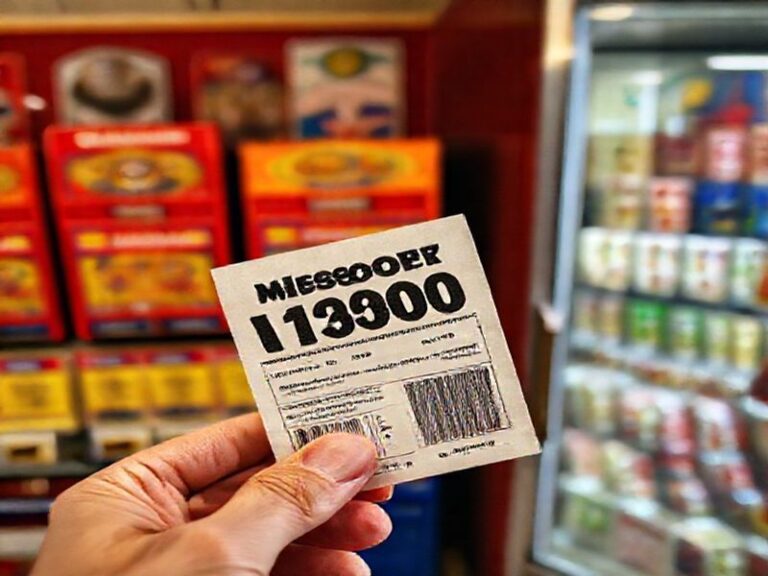Global Chill: How Fargo Became the World’s Favorite Lesson in Polite Atrocity
A Snow Globe of Violence: Why the World Still Watches Fargo
By special correspondent to Dave’s Locker, filed from a hotel bar in Ulaanbaatar that smells faintly of reindeer and regret.
The first thing you learn on the international beat is that nothing travels faster than folklore with a body count. Fargo—Coen brothers film, three-season anthology, forthcoming fourth installment that will probably arrive just in time for the next recession—has become a sort of global snow globe. Shake it and you see tiny plastic figures reenact murder while polite people apologize for the inconvenience. From Lagos living rooms to Ljubljana cafés, audiences tune in not because they care about Minnesota nice, but because Fargo is a masterclass in how civilized savagery looks when the thermostat drops below freezing.
In Bogotá, university kids binge the series to practice their Midwestern vowels, convinced that sounding harmless is the next frontier in narco-branding. In Seoul, marketing agencies study the show’s palette—desaturated skies, arterial-red spatters on virgin snow—as a mood board for luxury winter wear. Even the Kremlin press pool, when not busy laundering corruption through hockey scores, has been overheard quoting Lorne Malvo’s line about the human being merely a “fart on the way to becoming a ghost.” Dark words travel light; they fit nicely in carry-on luggage between duty-free gin and existential dread.
What makes Fargo exportable isn’t the wood-chipper gag (though Italy’s mafia-run waste-disposal sector reportedly found it instructive). It’s the universality of pettiness reaching operatic heights. Swap the ice scrapers for machetes and the same plot could unfold in the humid barrios of Caracas or the fluorescent boredom of a Singaporean accounting firm. The show’s genius is depicting evil as an administrative error that metastasizes. That resonates in Brussels, where bureaucrats accidentally sanction the wrong oligarch’s yacht, and in Cape Town, where a typo in the water-meter ledger leaves entire townships thirsty. Fargo whispers that catastrophe is not the product of brilliant psychopaths but of middle managers who discover that violence is just another spreadsheet column.
The wider implication? Climate change may melt the permafrost, but human nature stays permafrosted. While glaciers retreat, we double down on the same stupid grudges. The same week Netflix dropped Fargo Season 3 in Bangladesh, the Rohingya crisis entered its sixth year of polite international shrug. Viewers in Cox’s Bazar refugee camps reportedly laughed hardest at the scene where a wealthy couple haggle over the ethical cost of a ransom, because haggling is the one marketplace that never closes.
Meanwhile, global supply chains have learned from Fargo’s set design. Nothing says “premium authenticity” like a snow-covered corpse glimpsed through frosted pines. Luxury SUVs now shoot adverts in Svalbard, chasing the aesthetic of moral hypothermia. Even the World Economic Forum at Davos swapped its usual alpine backdrops for promotional stills of blood in fresh powder, presumably to remind billionaires that their money can buy both the ski lift and the eventual fall from it.
And yet, the joke is on us. For every viewer who takes Fargo as satire, another takes it as tutorial. Dark-web forums from Minsk to Manila dissect the wood-chipper scene the way MBA programs once parsed Welchian management theory. The UN Office on Drugs and Crime recently noted an uptick in “snow-adjacent” body disposals, a statistic so grimly perfect it sounds like a writers’ room punch-up. Somewhere, a mid-level functionary in a warm climate is Googling industrial-grade freezers, dreaming of syndication.
Conclusion: Fargo endures because it confirms our worst suspicion—that decency is just insulation, easily pierced by ambition and a sharp icicle. The world keeps spinning, atrocities accumulate frequent-flier miles, and we still gather around screens to watch nice people make murder look like a clerical oversight. It’s comforting, in a perverse way, to learn that whether you die in Bemidji or Bangladesh, the last thing you’ll hear is someone muttering “Oh, jeez” right before the credits roll. In the end, the snow globe settles, the bodies sink, and the globe gets packed off to the next latitude that needs reminding: civilization is only ever a thin layer of ice, and we’re all auditioning for the splash.







